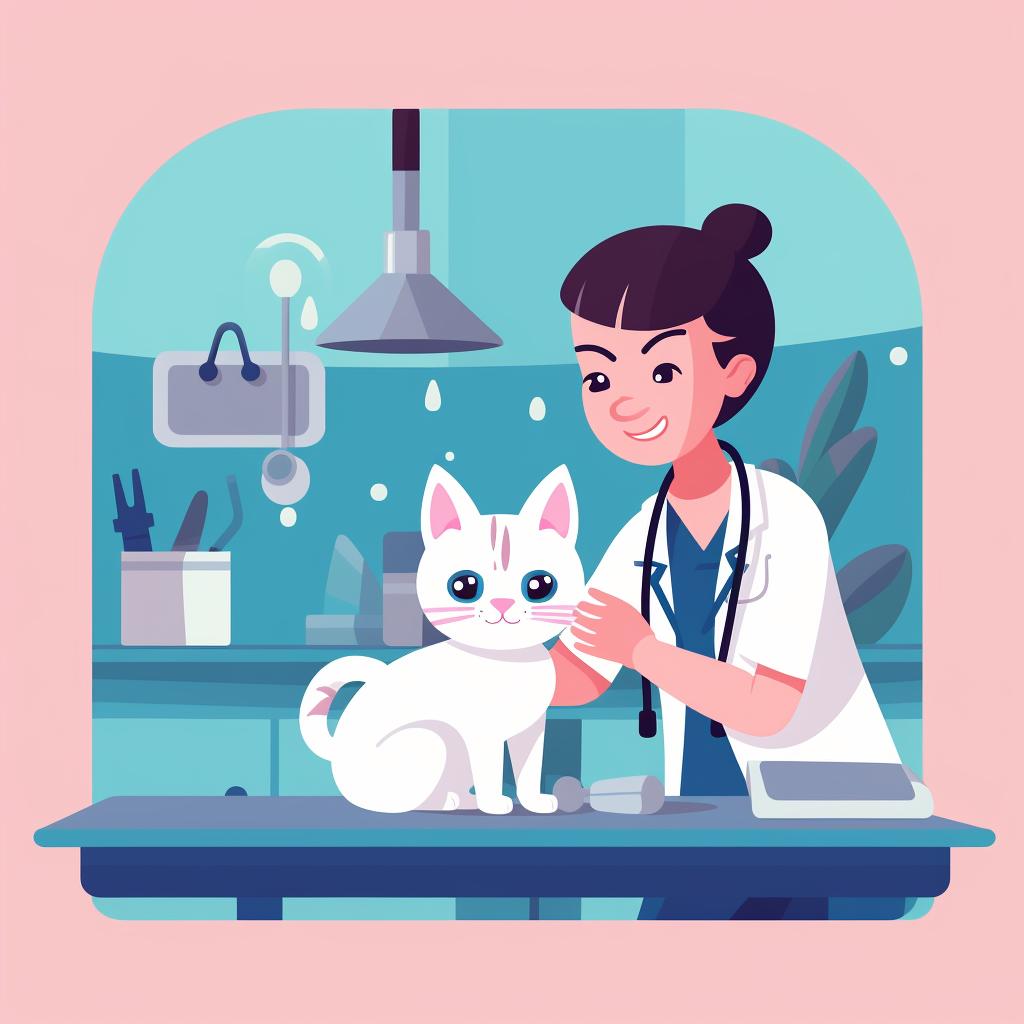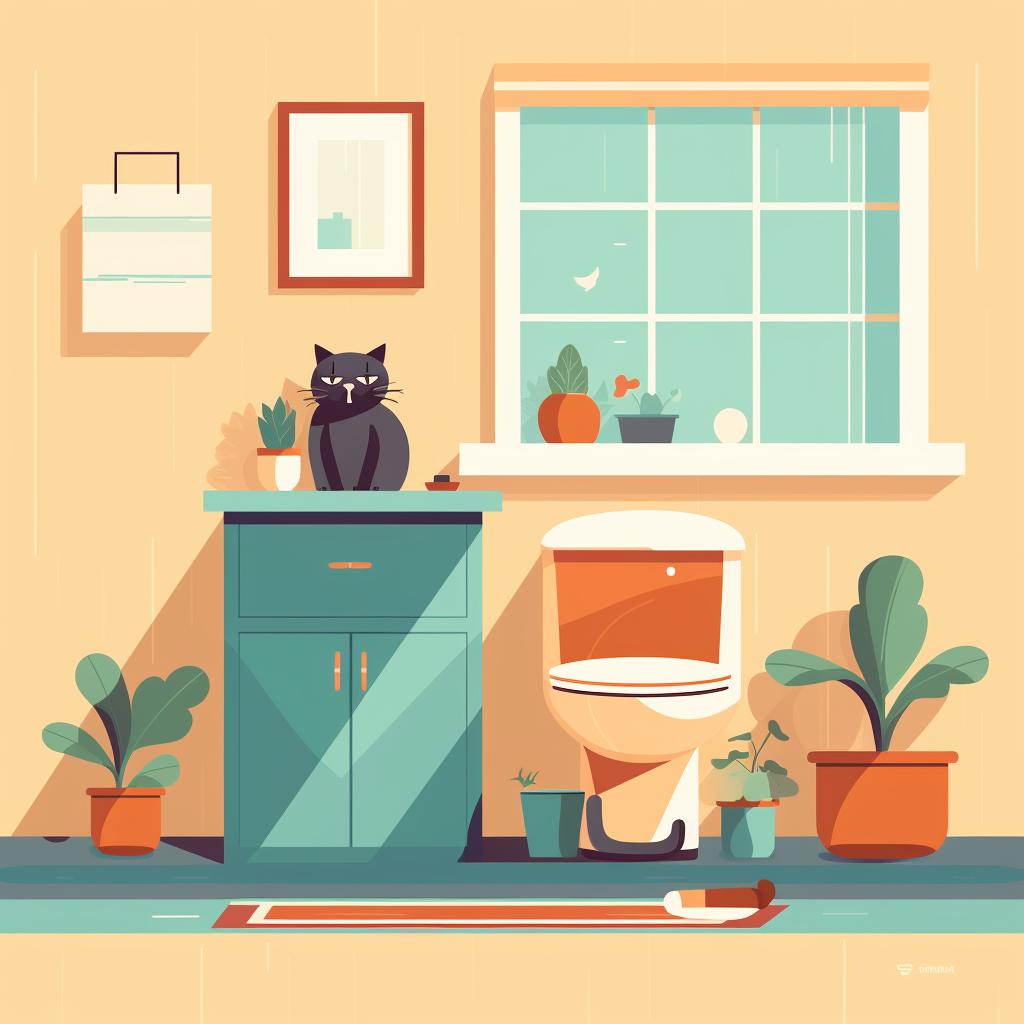🐱 Resolving Inappropriate Urination in Cats: A Step-by-Step Guide 🚽
Resolving Inappropriate Urination in Cats
Dealing with a cat that urinates outside the litter box can be frustrating and concerning. However, with the right approach, you can resolve this issue and restore harmony in your home. Here are some steps to help you address inappropriate urination in cats:
Step 1: Consult with a Veterinarian
The first step in addressing inappropriate urination is to rule out any underlying medical issues. Certain conditions like urinary tract infections or kidney disease can cause cats to urinate outside the litter box. By consulting with a veterinarian, you can ensure that your cat receives the necessary medical attention and treatment.
Step 2: Assess the Litter Box
Consider the location and cleanliness of the litter box. Cats prefer a clean, quiet, and easily accessible place to do their business. If the litter box is dirty, located in a noisy area, or hard to reach, your cat might choose to urinate elsewhere. Make sure to clean the litter box regularly and place it in a calm and convenient location.
Step 3: Identify Potential Stressors
Cats can exhibit inappropriate urination when they are stressed. Look for any recent changes in your home that could be causing stress for your cat. This could include the introduction of a new pet, a move to a new house, or a change in your work schedule. By identifying and addressing these stressors, you can help your cat feel more secure and reduce the likelihood of inappropriate urination.
Step 4: Reintroduce the Litter Box
Once you have addressed any medical issues, cleaned and relocated the litter box, and minimized stress in your cat's environment, it's time to reintroduce the litter box. Gradually reintroduce your cat to the litter box by placing them in it after meals and praising them when they use it. This positive reinforcement can help your cat associate the litter box with a positive experience.
Step 5: Seek Professional Help
If despite your efforts, your cat continues to urinate outside the litter box, it may be time to seek help from a professional. A feline behaviorist or a veterinarian can provide further guidance and treatment options. They can assess your cat's behavior more comprehensively and recommend personalized strategies to address the issue.
Remember, resolving inappropriate urination in cats requires patience and understanding. By following these steps and seeking professional help when needed, you can create a more comfortable and stress-free environment for your feline friend.

















